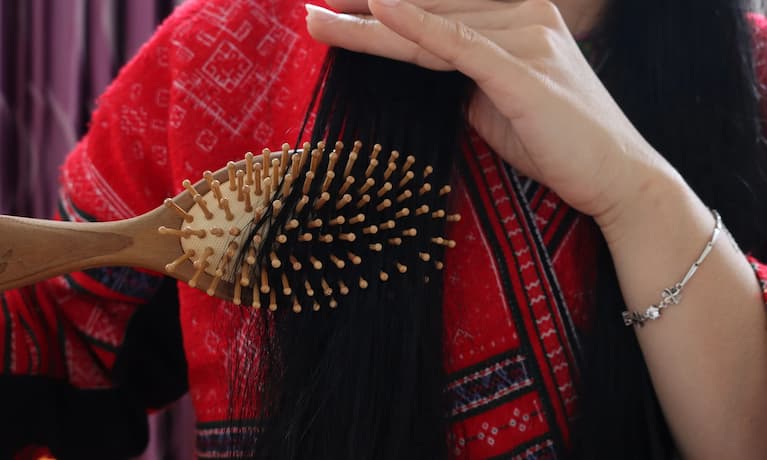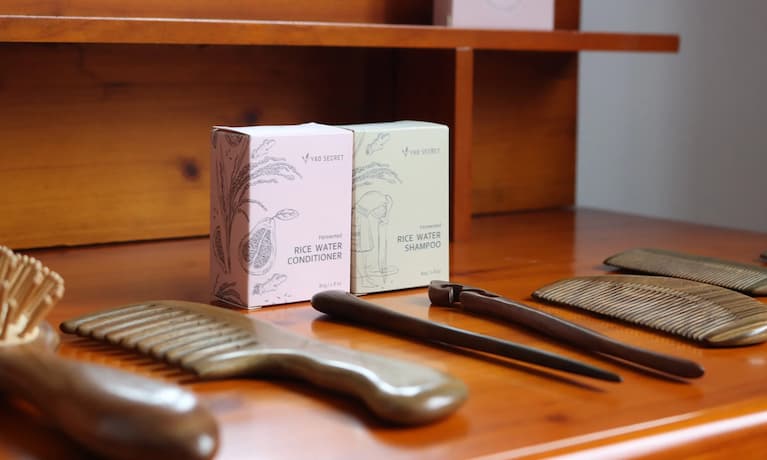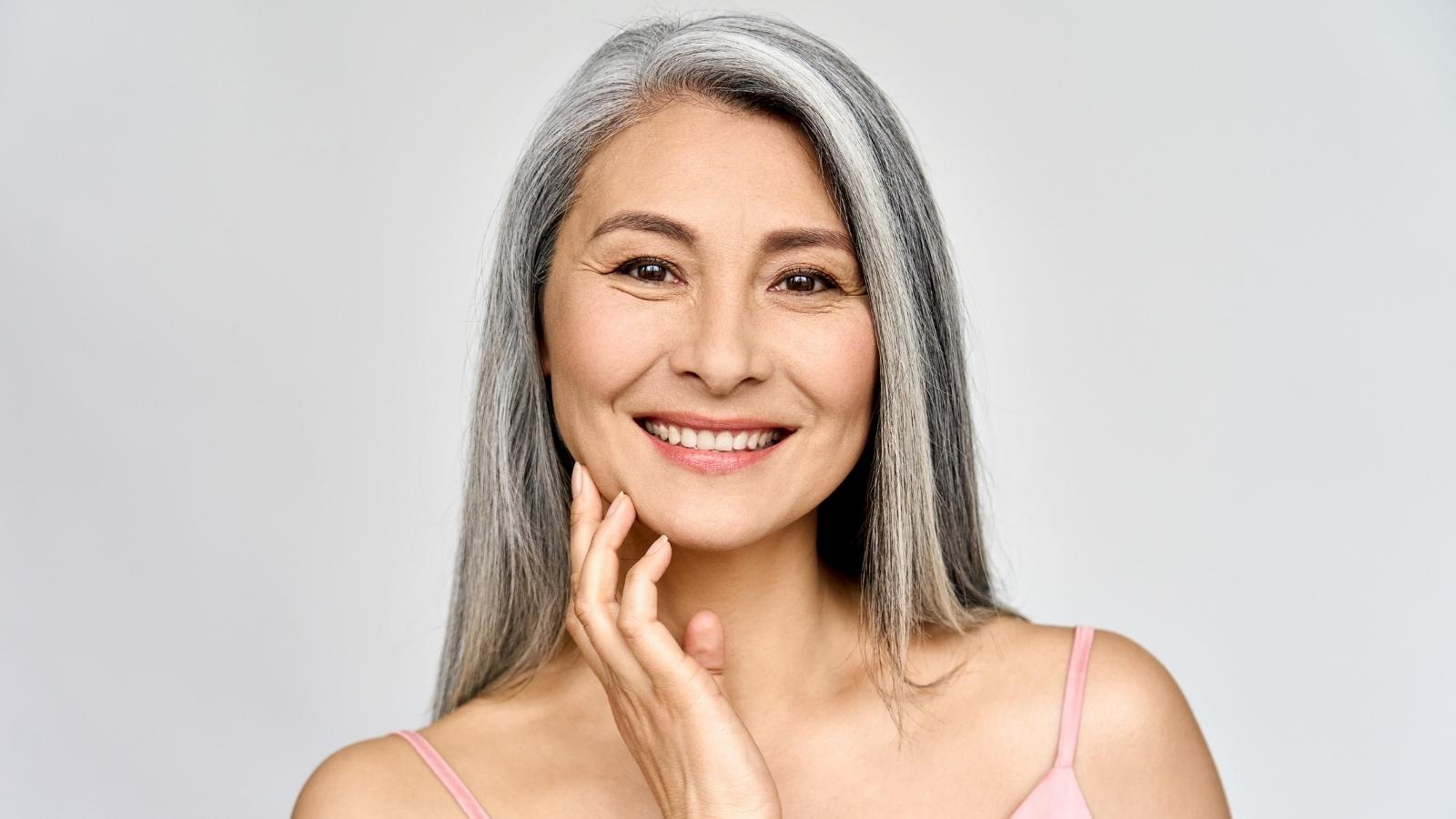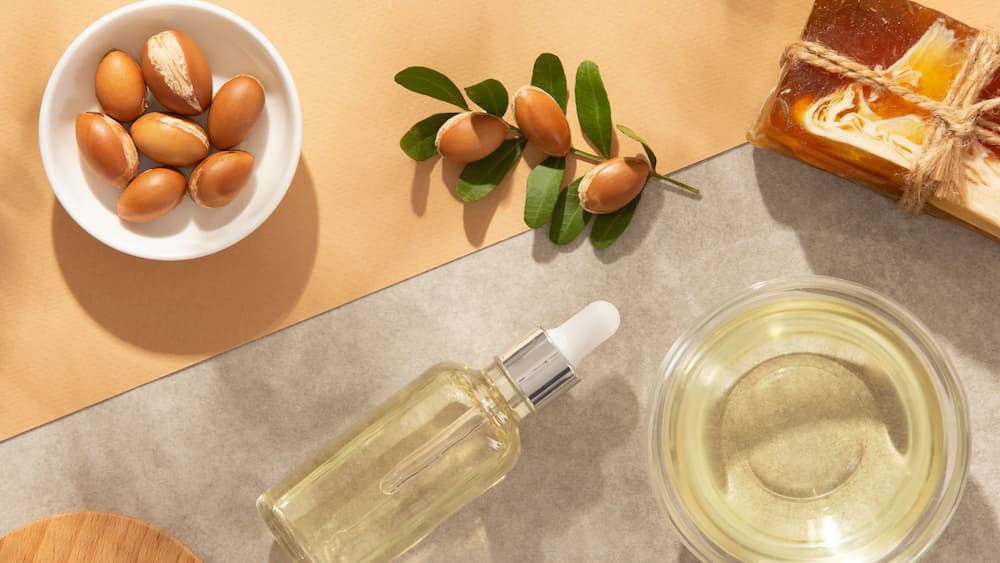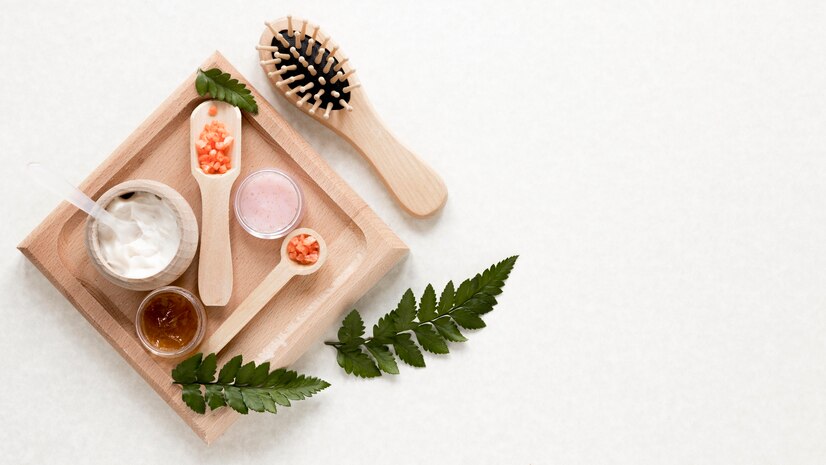Your Cart is Empty
Excellent
141 Reviews
On ![trustpilot]()
Angel Liang
Just received my bars last week and it was my first time using shampoo bars so I didn't really know what to expect. I have to say the shampoo was really gentle on my scalp and the conditioner bar did a really good job of detangling my hair.It came with a foaming net which made the bars super easy to use and is really handy for traveling. I have wavy, colour treated hair which usually tends to be on the dry side, but not anymore! For now my hair feels smooth and moisturised so I think I'll stick with the bars and continue to observe the results. :)
Chantelle Taylor
I've got 4C Afro hair and most shampoos are way too harsh. But these bars? So gentle and nourishing on my coils. The conditioner bar melted right through my kinks for easy detangling. And my curls were bouncy and defined after, not dried out. I'm telling you, my hair was happy! The shampoo cleaned without stripping and the conditioner had that good slip. These bars are a win for 4C naturals needing gentle care. My coils love them so these bars are sticking around!
Desiree Maffezzoni
I was impressed with the speed of delivery, I received the shampoo and conditioner. I am very happy with this ecological choice, the ingredients are of the highest quality. I had a lot of dandruff and often the products in the pharmacy made my hair dry, since I have been using this shampoo my hair is clean, thick and shiny. The conditioner makes the hair very easy to comb, nourishes it but leaves it clean and light. I'm very satisfied, my hair changed in 13 days, and I used this product just tree times, that's impressive.
Maria Laura
Yao shampoo bar is amazing. I have many issues with my hair (thin, dyed) and very sensitive scalp. This shampoo makes hair look shiny and healthy and it's really kind with your skin (I've also tested as a face cleanser!). My daughter, who as long, thick, oily hair, is really satisfied too and she replaced all of her products with the bar. It'm my third purchase and customer service is just lovely as their product. People in Yao staff are very kind and shipping is super fast.
Lina Wang
I've been using Yao Secret bars for a couple of weeks now and I'm pretty impressed with my results so far! I have medium-length combination hair that tends to get oily at the roots and dry at the ends since I colour it often. Since switching to the bars I feel like my scalp is more balanced, it feels moisturized, but neither too dry nor too oily. I wish I hadn't put off using bars for so long, they're actually much simpler to use than I thought they would be, plus it's helping me fulfil my resolution to become more sustainable.
Lucile Brunin
I'm delighted to share my experience with the solid bar shampoo! What truly impressed me was how amazing it worked on my hair. Not only did it leave my hair soft and shiny, but it also felt incredibly nourished and healthy. The convenience of using a solid bar was a game-changer for me, and I appreciate the eco-friendly approach it offers. Overall, I'm truly thrilled with the results and can confidently say that this product has become an essential part of my hair care routine.
Tjay Xx
The delivery was super quick within 3-4 days I already got the package.I'm using the bars for almost a month now and they are working really well for my hair I really love them my hair feels so nice and soft, I was searching for a liquid shampoo alternative a and I am really happy that I found these. At first you kinda need to get used to the bar because its obviously very different than liquid shampoo but once you have the hang of it its pretty simple. I would really recommend buying them and I will definitely stick to these from now on.
James Fan
Was gifted a set of the shampoo and conditioner bar from a friend who's a fan. Was quite skeptical but seeing her hair getting smoother and shinier got me curious about them. This is my first time using a shampoo bar and I must say it does take a while getting used to. The results - exactly what I was told! My hair is considered frizzy and after using the bars for a week I can feel my hair getting smoother and become more manageable. I also like the very mild nature scent of the bar - very refreshing and rejuvenating. Go green products! I actually think I might be a convert now LOL.
Jonna Lehtola
The shampoo and conditioner are making my hair flawless! They make my hair feel better, silkier and stronger just after one use. Definitely beats any other products have tried. My order also got stuck during the delivery but they sent me a new one. Totally recommend!
Eva
I'm really happy I discovered Yao Secret. I do think it is a bit expensive, for a student's budget especially, but so far I've had great results from the shampoo and conditioner bar. The conditioner one is a little bit more difficult to use because I find only a little product seems to come off when you rub it between your hands with warm water, and it quickly crumbles. However my hair becomes really clean, soft and shiny so I love them nonetheless. I also really love the idea of supporting such a local small business, with a beautiful cultural tradition.


